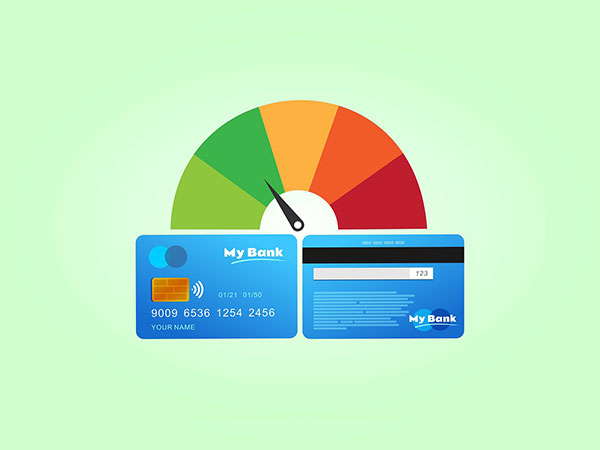How do Credit Scores Impact Loan Approvals and Interest Rates?
Aug 14, 2023

ATK
New Delhi [India], August 14: In the modern era of e-lending, credit score plays an ever-increasing role in your financial profile. The reason for this is that it is indicative of your creditworthiness since it is based on your personal experience with all types of credit.
A credit score is evaluated by banks and non-banking financial institutions when assessing whether you are eligible for a loan. Furthermore, banks typically use your credit score to analyse and then determine what terms they will offer the loan to you, including the interest rate. You can also
for free on ET Money.
In general, lenders regard most borrowers with a high credit score as applicants with comparatively lower risk since they have effectively managed their money and finances in the past. Read on to learn more about Credit scores and their impact on loan approval.
What is the credit score?
A credit score, or CIBIL score, is a three-digit number computed by independent, private organizations by analyzing the repayment history of the borrower's previous loans, such as credit card debt and other borrowings.
Generally, a CIBIL score ranges from 300 to 9001. As the credit score approaches 900, the likelihood of the loan application being approved increases.
In spite of the fact that the CIBIL score is an important component of the loan application process, it is not the final word on whether or not you will be granted a loan.
It is the first significant factor that a lender will examine in an application for a loan. An application for a loan may be rejected if the score falls below the lender's threshold.
Factors that affect the CIBIL score
The CIBIL score is dynamic by nature; therefore, a number of things can have an impact on it.
For instance, if the borrower has a history of skipping payments for loans obtained through a credit card or any equated monthly installments (EMIs), the CIBIL score will be lower. Due to these inconsistent actions, a lender would consider this to be a dangerous investment.
A borrower should make sure that EMIs are paid on time in order to raise their credit score.
Additionally, it's vital to avoid getting into too much debt because having a lot of outstanding debt may harm one's credit score, especially for unsecured loans.
Borrowers should refrain from making several loan applications, as doing so could indicate an overwhelming need to borrow money.
What Effect Does the CIBIL Score Have on Interest Rates?
The likelihood that the borrower would receive the loan at the best market interest rate increases with the borrower's CIBIL score.
If all other criteria are satisfied and the documentation is in place, a borrower with a CIBIL score of 750 or more is eligible for a loan from any respectable lender. By visiting the ET Money website, you can easily check your credit score.
Other criteria include verification of income, age, citizenship, Know-Your-Customer (KYC) information, proof of address, bank details, employment details, and earnings details.
A borrower with a CIBIL score of less than 750 could be eligible for a personal loan, but they might also be required to pay a higher interest rate than someone with a higher CIBIL score.
In addition, their credit history, prior defaults on payments, and other loans they have taken up may be given more consideration.
How can your credit score be raised?
Here are some suggestions to help you raise your credit score now that you are aware of how your credit profile may impact your capacity to borrow.
1. Make regular EMI payments.
2. Eliminate inactive Credit cards.
3. Avoid submitting too many loan applications in a short period of time.
4. Wherever feasible, make partial prepayments.
5. As long as your funds allow, choose shorter credit terms.
Conclusion
The credit score, commonly known as the CIBIL score, is the basic measure used by all lenders to assess a borrower's capacity to repay and the likelihood of doing so on time.
This becomes important when it comes to unsecured or collateral-free loans, as the credit score is the primary factor used to establish the borrower's capacity to repay the loan.
This number is variable and changes over time in either direction. Before applying for a new loan, always check your credit score.
As a result, a borrower may develop a strategy to improve in the future in order to avail hassle-free loans.
(Disclaimer: The above press release has been provided by ATK. ANI will not be responsible in any way for the content of the same)









